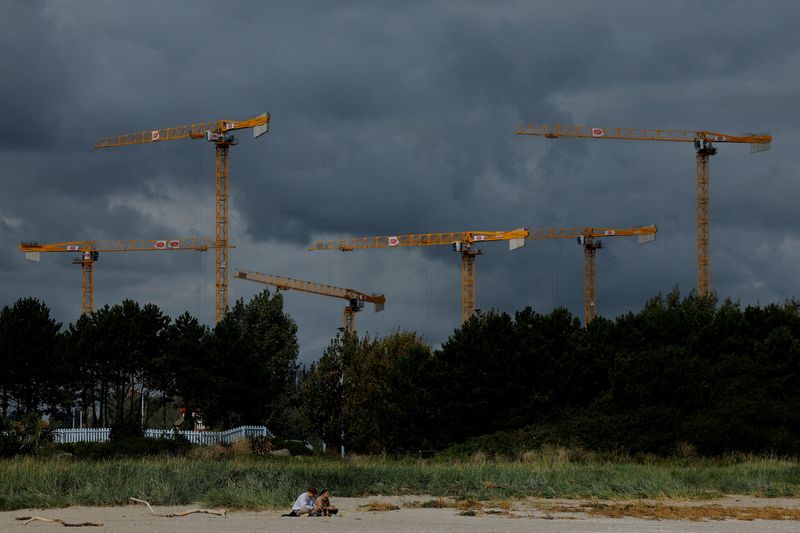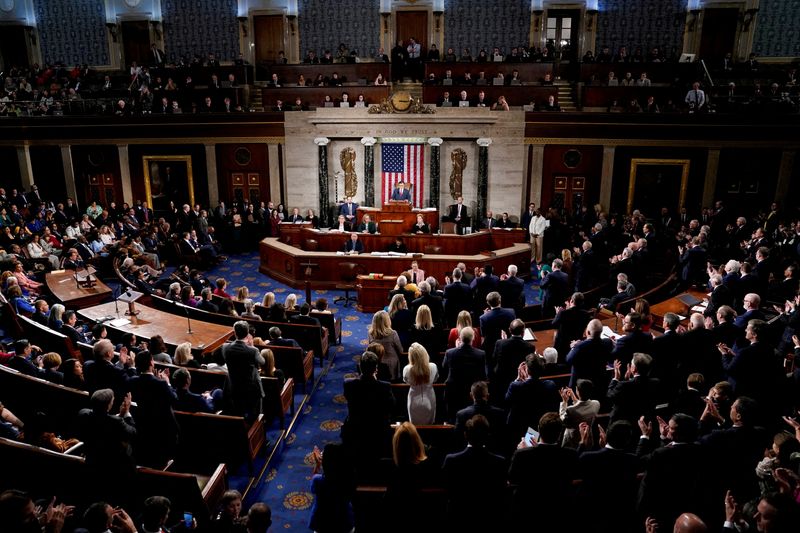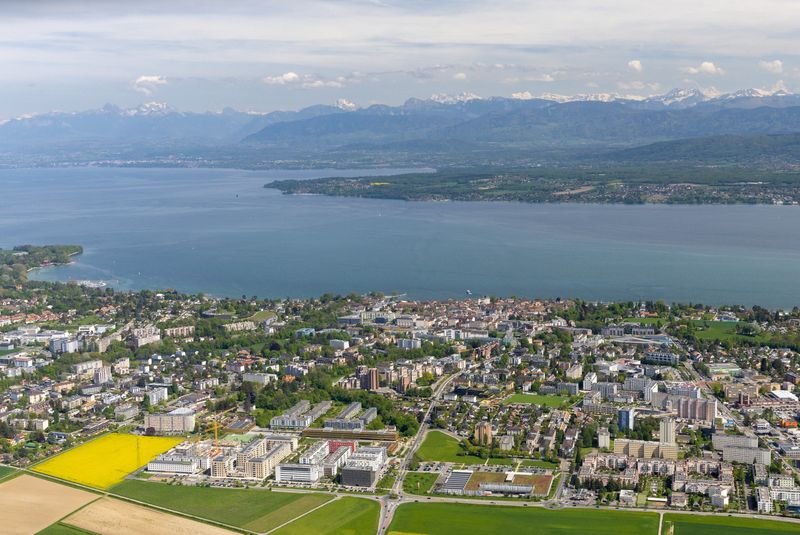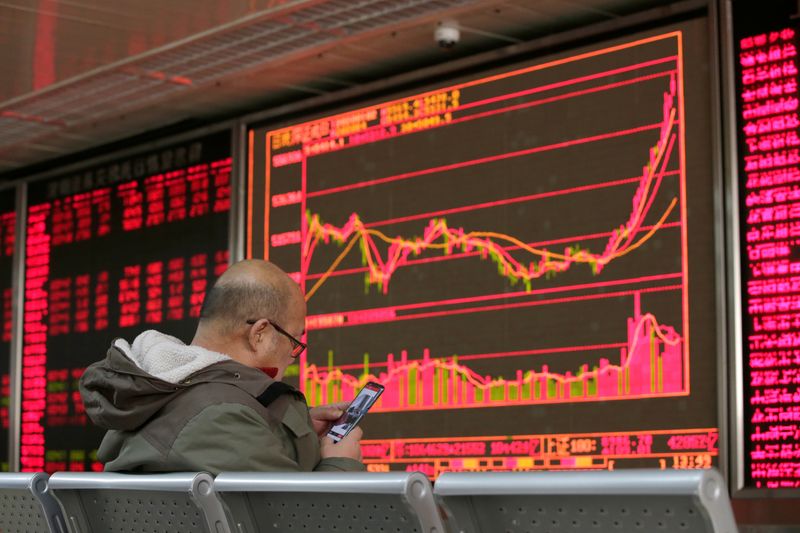DUBLIN (Reuters) – Ireland’s domestic economy contracted by 0.5% in the three months to the end of June compared with the previous three months, with personal consumption and government expenditure up, but construction, agriculture and hospitality all weaker.
On an annual basis, domestic demand was up 1.5% in the second quarter, the Central Statistics Office data showed.
Finance Minister Jack Chambers said in a statement that he believed the economy remained strong and that lower inflation was set to boost real incomes and the broader domestic economy in the second half of the year.
The government has forecast that domestic demand will grow 1.9% for 2024 as a whole and 2.3% in 2025.
With Ireland’s large multinational sector often distorting gross domestic product (GDP), officials prefer to use modified domestic demand (MDD) to gauge the strength of the economy.

GDP, which is still the measure used to calculate Ireland’s share of activity across the euro zone, fell 1% in the second quarter compared with the first three months of the year, compared to a preliminary estimate in July of 1.2% growth.
GDP was dragged down by a 65% decrease in investment, which the CSO said was driven by the export of intellectual property by multinationals.










